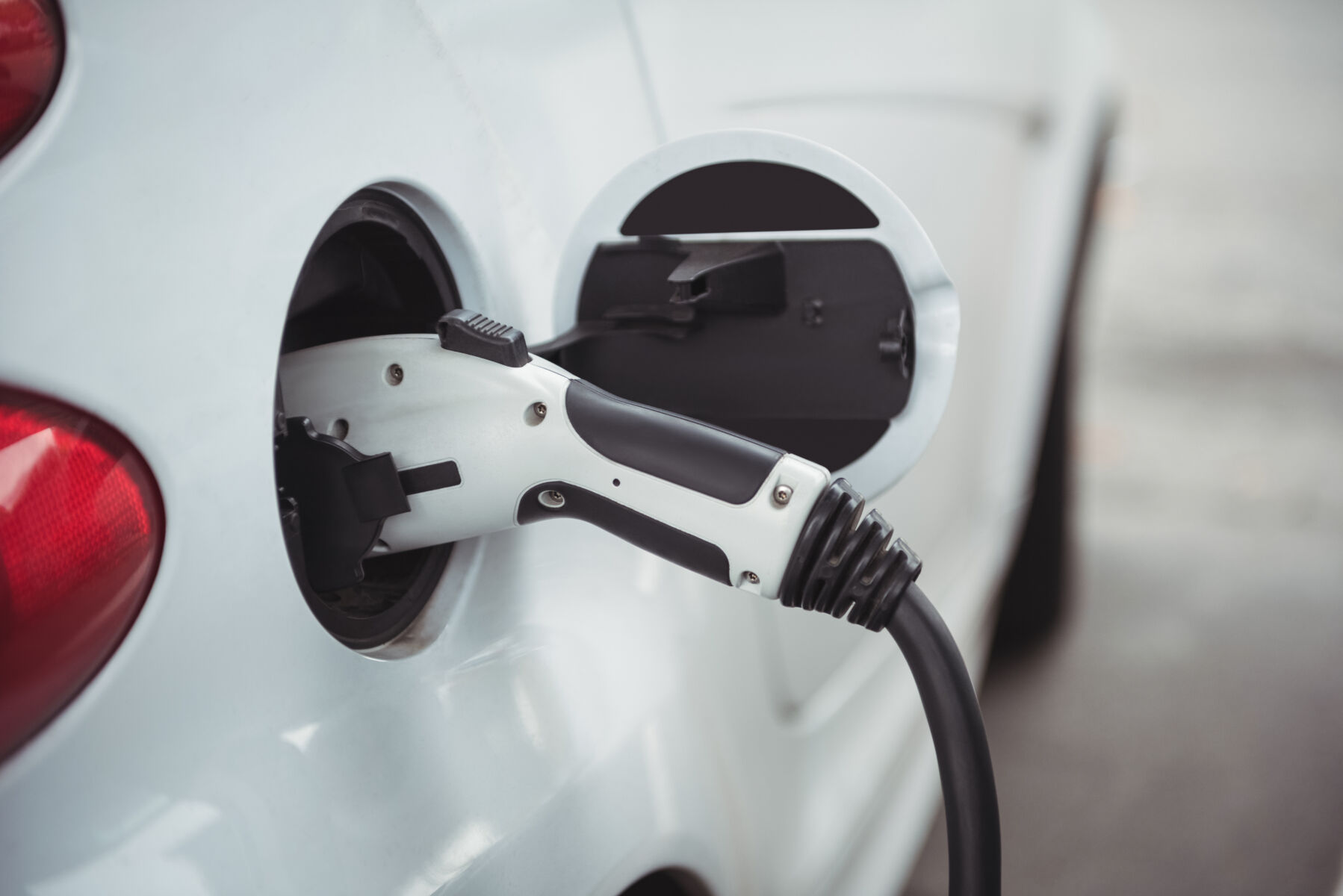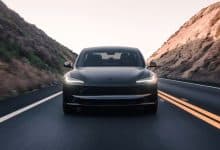Thailand incentivises companies to go green with EV conversion

The Thailand government confirmed yesterday that measures have been approved to encourage companies to convert their commercial fleets of large trucks and buses to battery electric vehicles (EVs). This move aims to increase the adoption of EVs and support companies in achieving their net-zero targets.
In addition, cash grants will be provided for EV battery cell manufacturers. These policies are expected to bolster Thailand’s stature as an important hub for EV manufacturing.
The government will support eligible companies through special tax deductions, valid until December 2025. Companies purchasing domestically produced vehicles can deduct expenses amounting to twice the actual price of the vehicle, without any price limit. In contrast, when purchasing imported vehicles, a deduction equal to 1.5 times the actual price of the vehicles will be applied, reported Bangkok Post.
In 2020, Thailand approved a subsidy package for its burgeoning EV sector. The region’s leading auto hub seeks to maintain its robust EV sales momentum while managing budgetary support.
As per a government plan, by the end of this decade, Thailand intends to convert 30% of its annual vehicle production, currently standing at 2.5 million vehicles, into EVs.
Thailand’s tax cuts and subsidies have been successful in attracting several Chinese car manufacturers. These include BYD and Great Wall Motor, which have committed to investing US$1.44 billion in new production facilities in Southeast Asia’s second-largest economy.
For many years, major Japanese firms like Toyota Motor Corp and Honda Motor Co, which use Thailand as a significant export base, have dominated the world’s 10th largest auto manufacturing economy.
In related news, a deal has been struck between the Federation of Thai Industries (FTI) and global car manufacturers to aid approximately 1,700 local auto parts manufacturers in transitioning from the production of traditional internal combustion engine (ICE) car parts to those for electric vehicles (EVs). Evolving global campaigns for zero-emission vehicles necessitate this shift.
Latest Thailand News
Follow The Thaiger on Google News:


























